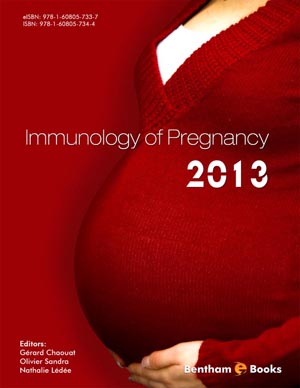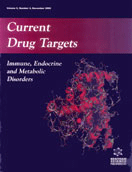Abstract
The vacuolar ATPase (V-ATPase) is one the family of multimeric proton pumps involved in a wide variety of physiological and immunological processes. We have identified that the novel V-ATPase protein, i.e., a2 isoform of V-ATPase (a2V) appears to be a crucial molecule that helps facilitate maternal immune tolerance of the conceptus in the early pregnancy. But the origin and regulation of maternal immune tolerance is still unclear. From the beginning of pregnancy, sperm cells acquire hyper activated motility as they ascend the female reproductive tract during coitus. This enables sperm to overcome barriers and penetrate the cumulus and zona-pellucida surrounding the egg. This crucial process is called as capacitation. We have demonstrated that the capacitation of sperm induces the expression of a2V, leukemia inhibitory factor (LIF)), IL-1β, and Tnf-α in the sperm. Capacitated sperm also releases a cleaved N-terminal domain of a2V, (a2NTD) which upregulates the gene expression of LIF, IL1-β, Tnf-α and monocyte chemotactic protein-1 (Mcp1) in the uterus. During coïtus the male partner delivers semen which induces an inflammatory response in the uterus. This event is another component of the capacitation of sperm. Given the critical role that the release of the a2V subcomponent a2NTD from the capacitated sperm and its involvement in the expression of inflammatory cytokines; there is strong evidence that it is an essential molecule for induction of the required inflammatory response at the onset of pregnancy.
Keywords: A2V-ATPase, a2NTD, maternal immune tolerance, paternal contribution, pregnancy.






















